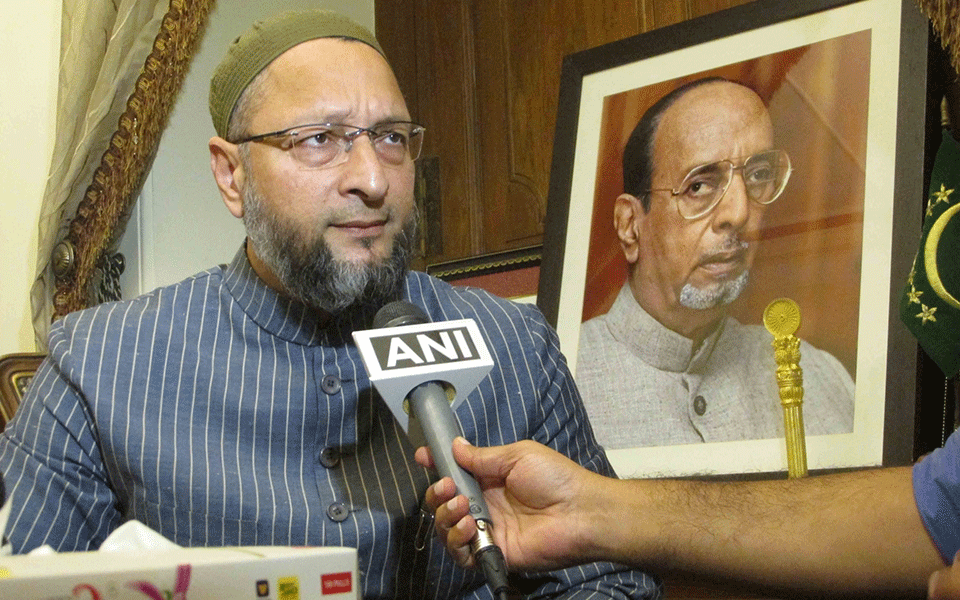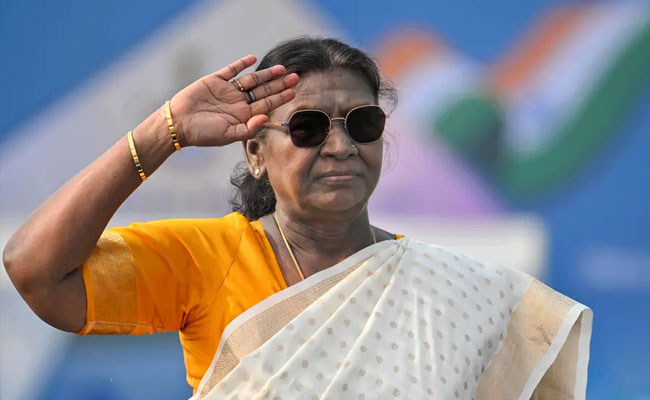Aurangabad (Maharashtra), Sep 15: Marking a new dimension in Maharashtra politics, the Bharipa Bahujan Mahasangh (BBM) and the All India Majlis-e-Ittehadul Muslimeen (AIMIM) will jointly fight the upcoming Lok Sabha and state Assembly elections, an official said here on Saturday.
The BBM is led by Prakash Ambedkar while the Hyderabad-based AIMIM is headed by Asaduddin Owaisi, which has made inroads in the Maharashtra Assembly and several civic bodies in the state.
The BBM-AIMIM alliance will be sealed and announced in a public rally to be addressed by the two leaders in Aurangabad on October 2, an AIMIM spokesperson said.
Imtiaz Jaleel, the AIMIM legislator from the city, said here that the new alliance will fight for the rights of the Dalits, Muslims and Other Backward Classes who remain ignored since the past 70 years.
"They have no proper representation in politics, are merely treated as vote-banks during elections. It's a matter of shame for all the secular parties in the state that there is not a single Muslim person elected to the Lok Sabha from Maharashtra," Jaleel pointed out.
He said now there is a huge awareness among Dalits, Muslims and OBCs who don't want to be treated as vote-banks anymore, but want a share in power.
"Owaisi has already requested Ambedkar to take over the leadership of this section of the population, since he's raising all the issues concerning these communities, fight the forces which are threatening to 'burn' the Constitution. This will become a major political force in the state," Jaleel added.
Earlier, Jaleel had held a preparatory discussion with Ambedkar in Pune and now the final shape of the alliance, the elections they will unitedly contest, the seat-sharing formula, etc, shall be declared next month.
Since the Koregaon-Bhima caste riots on January 1 and its political fallout, Ambedkar and the BBM have assumed a leading role in forging unity among the Dalits, and now extending to OBCs and Muslims, making it a potentially formidable force to reckon with in the next elections.
Let the Truth be known. If you read VB and like VB, please be a VB Supporter and Help us deliver the Truth to one and all.
Mumbai (PTI): The upcoming edition of the Indian Premier League will be held between the March 26 to May 31 window but it remains to be seen if Bengaluru, the home of RCB, holds the opening match.
As per the norms, the M. Chinnaswamy Stadium should host the tournament opener given the home side, Royal Challengers Bengaluru won the IPL 2025 title.
While the venue has received conditional clearance from the Karnataka state government, it also needs to meet the necessary safety and security standards following the death of 11 fans in a stampede during RCB's victory celebrations in June this year.
The mini-auction for IPL 2026 will be held in Abu Dhabi today with three-time winners Kolkata Knight Riders coming in with the biggest purse.





